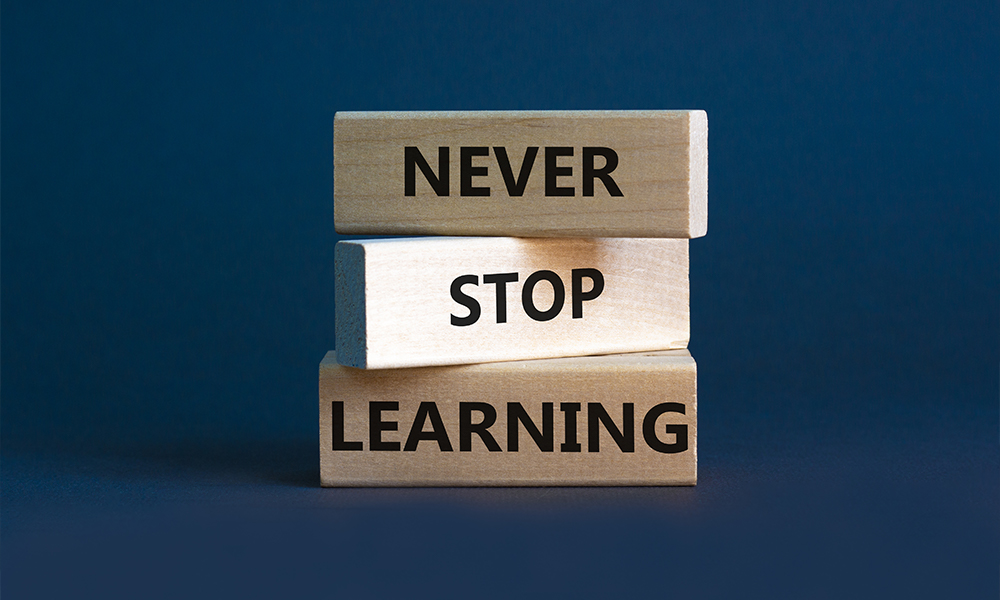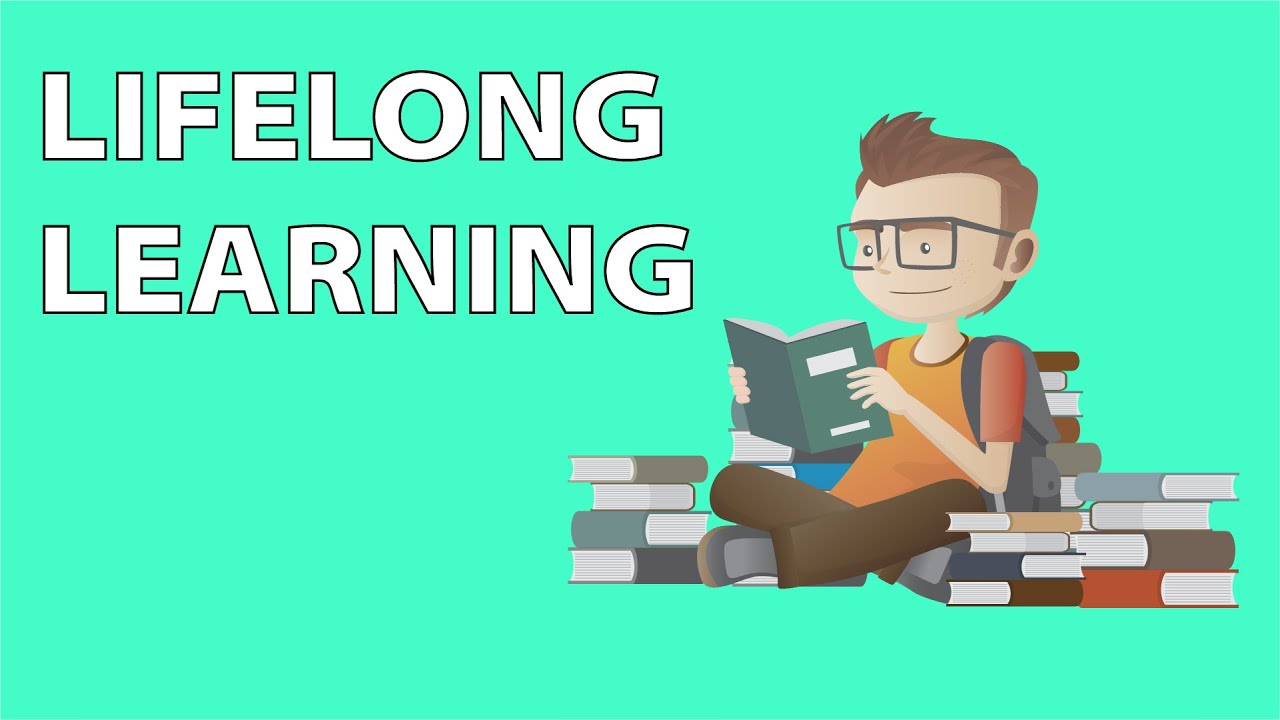What is Lifelong Learning?

Lifelong learning refers to the ongoing, voluntary pursuit of knowledge, skills, and personal development throughout one’s life. It is the concept of learning and acquiring new knowledge and abilities beyond the traditional formal education years, such as in schools or universities. Lifelong learning recognizes that learning is a continuous and lifelong process that extends beyond specific educational milestones.
Key characteristics of lifelong learning include:
1. Voluntary and Self-Motivated: Lifelong learning is driven by personal curiosity, interest, and a desire for self-improvement. Individuals actively seek out learning opportunities based on their own interests, goals, and aspirations.
2. Diverse Learning Pathways: Lifelong learning can take various forms and pathways. It includes formal learning, such as enrolling in courses or pursuing degrees, as well as informal learning through self-study, reading, online resources, workshops, seminars, and experiential learning.
3. Personal Growth and Development: Lifelong learning encompasses not only the acquisition of knowledge and skills but also personal growth and development. It promotes critical thinking, creativity, adaptability, and the cultivation of a broad range of competencies, including social, emotional, and practical skills.
4. Application to Real-Life Situations: Lifelong learning emphasizes the practical application of knowledge and skills in real-life contexts. It seeks to bridge the gap between theory and practice, enabling individuals to integrate what they learn into their everyday lives and professional pursuits.
5. Flexibility and Adaptability: Lifelong learning recognizes the need for continuous adaptation to changing circumstances, technologies, and societal demands. It encourages individuals to embrace new opportunities, be open to different perspectives, and develop the ability to learn and unlearn as needed.
Lifelong learning has become increasingly important in the modern world, where rapid technological advancements, globalization, and evolving job markets require individuals to continually update their skills and knowledge. It enables individuals to stay relevant, enhance their employability, and adapt to changing career pathways.
Furthermore, lifelong learning offers numerous personal benefits, including intellectual stimulation, personal fulfillment, increased self-confidence, and the development of a growth mindset. It supports personal and professional growth, expands social networks, and promotes active engagement with the world.
Societies that recognize the value of lifelong learning often provide supportive learning environments, access to educational resources, and opportunities for continuing education and skill development. They foster a culture of curiosity, exploration, and lifelong learning as a means to empower individuals and contribute to societal progress.
Overall, lifelong learning encourages individuals to embrace a mindset of continuous growth, exploration, and self-improvement, enabling them to adapt to challenges, seize opportunities, and lead fulfilling lives.

